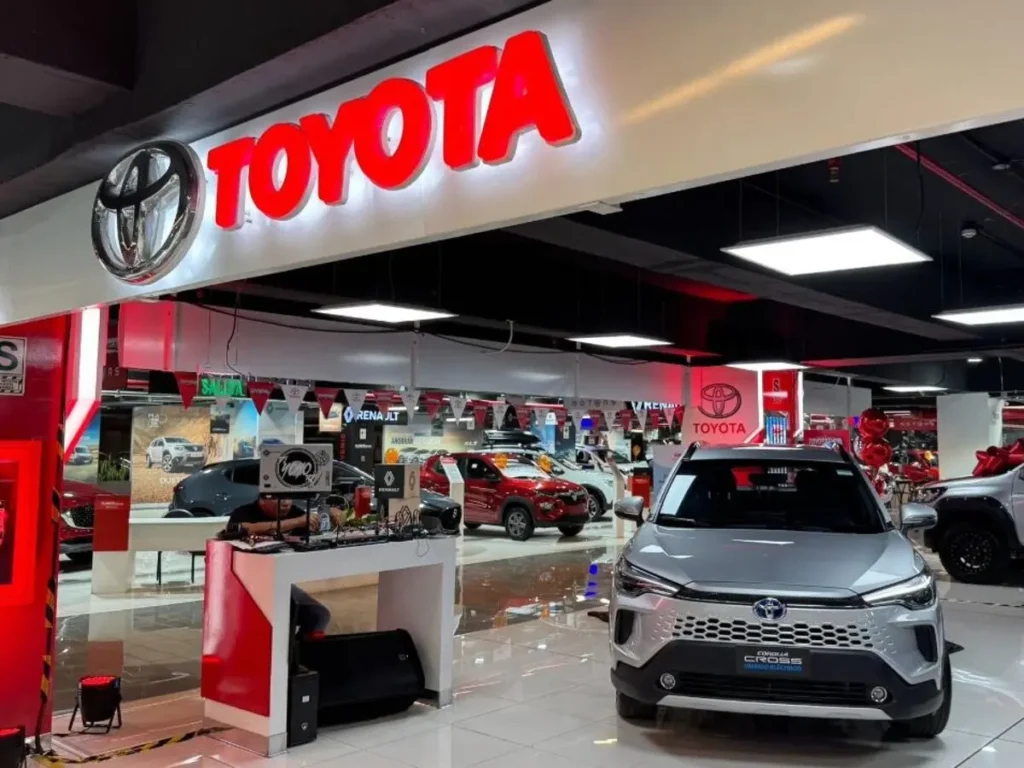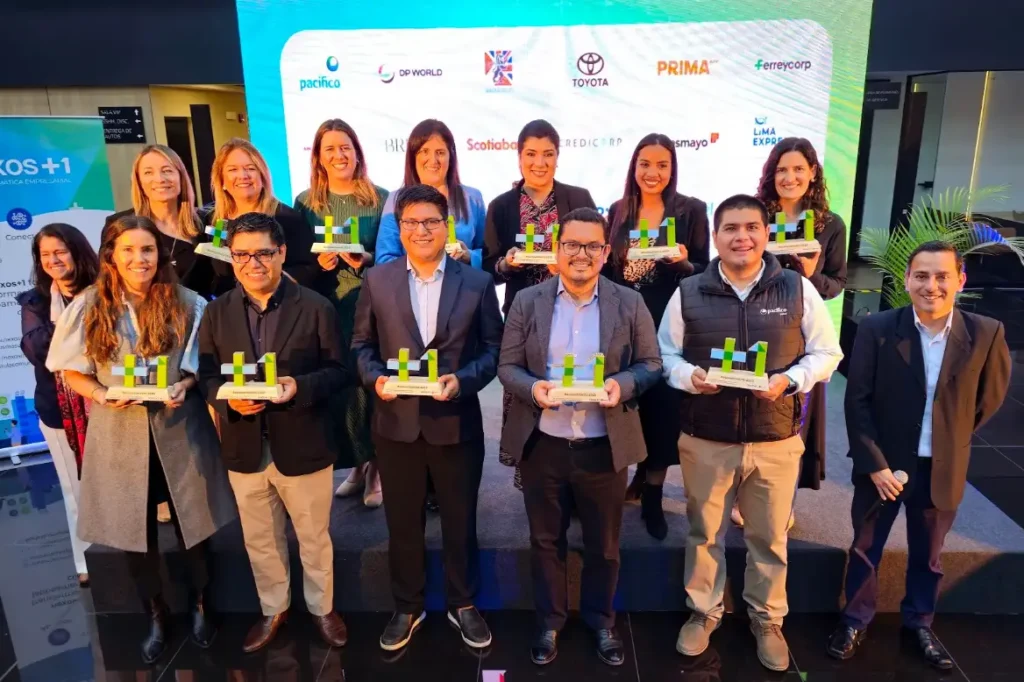A new carbon neutral product, the first of its kind in the industry, is being tested with select Maersk customers who are highly committed to sustainable solutions for their supply chain. H&M Group is the first company to test it as part of a shift towards carbon neutral transportation.
Copenhagen, Denmark. The biofuel in the pilot project is the same blend of used and heavy cooking oil that has been successfully tested and validated in a trial driven in collaboration with the Dutch Sustainability Growth Coalition (DSGC) and Shell. It is certified as a sustainable fuel by the International Sustainability and Carbon Certification (ISCC) body.
"The Mette Maersk onboard biofuel trial, has shown that decarbonized solutions for shipping can already be used today, both technically and operationally. While not yet definitive, it is certainly part of the solution and can serve as a transition to reduce CO2 emissions. With the launch of this product, Maersk seeks to assist our customers with the goal of moving to sustainable supply chains."
Maersk's statement said that the biofuel to be used is carbon neutral and provides the H&M Group with the ability to reduce its transport and logistics emissions towards its carbon neutral aspiration, when only the ship's emissions are accounted for. The Roundtable on Sustainable Biomaterials (RSB) will provide a procedure to ensure that carbon savings are credited to its customers in an appropriate manner.
The objective of this pilot project is to unlock the potential of sustainable fuels to become a commercial reality.
"Our grand ambition to become climate positive by 2040 requires the cooperation and commitment of all parties in the supply chain. We want our size to be a force for good and enable scaling innovative solutions, such as carbon-neutral ocean product, for greener commercial transportation."
says Helena Helmersson, COO H&M Group.
According to the statement, Maersk says it will use the learnings from the biofuels project to support a broader product offering and will continue to develop and facilitate the adoption of solutions that will help generate more cost-effective carbon-neutral options for zero-emission transportation.
Today, switching from fossil fuels can be costly for shippers. Therefore, ensuring large-scale adoption of carbon-neutral solutions requires technical innovation and supportive global policies.
"We believe this is the only commercially viable way to make the required investments our industry requires to meet the carbon emissions target. We are very pleased to see a significant shift in the confidence and participation of customers, fuel suppliers, equipment manufacturers and competitors toward sustainable solutions," notes Toft.
Shipping remains the most carbon-efficient global mode of transport, but accounts for 2-3 % of global emissions. This number will continue to grow if industry leaders and policy makers are not reined in.
Maersk states that they will continue to facilitate, test and develop low-carbon solutions on their path to 2050.




